North Carolina Colleges Prepare Students for Ag Careers
Whether planting cover crops, hauling compost or sorting sweetpotatoes, college students across North Carolina are experiencing the true definition of hands-on learning.
And it couldn’t be better timing, as ongoing pandemic-related labor shortages in the U.S. meet increased interest in the green industry and consumer demands for local foods. From small-scale sustainable farming to landscape management to meat processing, higher education opportunities in North Carolina come in all sizes and subject matters – as long as the students don’t mind getting their hands dirty.

Photo credit: Eric Waters
Central Carolina Community College
Central Carolina Community College’s sustainable agriculture program grew out of a desire to address the needs of the farm community in Chatham County and the surrounding Piedmont region, according to Robin Kohanowich, the college’s sustainable farming coordinator in Pittsboro. Graduates of the program receive an associate of applied science (AAS) degree.
“Participation has grown with the popularity of local foods and farmers markets,” Kohanowich says. “It definitely fills a void in training people for the industry.”
The sustainable agriculture program instructs prospective farmers and food system entrepreneurs through work in the classroom and the opportunity to test and enhance skills working at the on-campus, certified organic farm.
“We will soon celebrate our 20th year as the first two-year sustainable agriculture AAS degree in the country,” Kohanowich says. “The curriculum has a production and entrepreneurial focus with an applied science and business-based curriculum.”
See more: State Community Colleges Respond to Worker Training Demand
The degree prepares students to work in production-related careers, advocacy and education, or transfer to agroecology and sustainability programs. A formal articulation agreement with North Carolina A&T State University is an opportunity for those wanting to pursue a four-year degree. Students can also transfer to other universities.
Kohanowich says the student base is diverse and includes those right out of high school and those who might have a four-year degree in another field and have decided to farm instead. Other students include those who have started their own farms already and have land or access to land. A growing percentage are veterans.
“We remain informed by our community of growers, and we will adjust the program to continue to remain relevant for the next 20 years,” Kohanowich says. “While vegetables remain a primary focus, we are looking at expanding into perennials such as fruit trees and native plants that provide multiple ecosystem services.”

Photo credit: Eric Waters
Alamance Community College
In Graham, the Alamance Community College horticulture program has been going strong for even longer. For 30 years, the school has offered non-credit classes and two-year degree programs for students interested in small fruit and vegetable production and the green industry. What’s new is where the learning happens.
The Covington Education Center for Horticulture is a 47-acre farm that serves as a lab for irrigation, plant growth and production, nursery management and more.
See more: Rowan County Schools Use Tomatoes to Teach
“For the last four years, we have offered continuing education to support the severe industry labor shortage,” says Liz Riley, horticulture technology department head. “Companies can hire workers who may not have formal training but have received certifications for certain hands-on skills. This has been very successful.”
For example, students interested in landscape crew leadership are trained in horticulture, taught basic Spanish and given leadership training. A new program focused on arboriculture provides education in tree care and pest management, safety and more. Non-credit courses in design, house plants and propagation also are offered.
“We recently created an apprenticeship for the green industry and have two students working with companies,” Riley says. “We hope to grow the program in the future as we help fill labor shortages. Students can get their degree and work at the same time.”

Photo credit: Eric Waters
North Carolina State University
A roundup of ag education opportunities wouldn’t be complete without the state’s largest land-grant institution, North Carolina State University.
Students enrolled in NC State’s Agricultural Institute have a variety of majors to choose from, including turfgrass management, field crop technology, livestock and poultry management, and many more.
“What separates this program from others is our resources. In addition to a two-year degree, students can get a four-year degree from NC State in Raleigh, all the way through to a Ph.D.,” says Lee Ivy, director of the Ag Institute. “College students use the same facilities and are taught by the same faculty doing research. It is all part of the NC State experience.”
The two-year technical program started in 1959 to share farm technology. The program has since expanded to other degrees and specializes in hands-on learning.
Kayla Howell, administrative support specialist for the institute, is a graduate of the program.
“I did not come from a farming background but had a love for agriculture,” she says. “The Ag Institute allowed me to further my passion and get the best of both worlds for my technical degree – hands-on learning and the holistic experience of being part of NC State.”
“We have more than 7,000 alumni, many of whom are employers today for our graduates in a number of agricultural fields,” Ivy adds. “Employers tell us it is critical to hire students who are trained through their degree programs to do the actual work.”
The institute recently received a five-year Golden Leaf Foundation grant to hire a meat processing faculty member who will have graduate students mentor college undergrads who will mentor high school students.
“We want to increase our number of students,” says Ivy. “If it works with meat processing, it will be a model to duplicate and build framework for other areas. We are totally engaged in providing the best outcomes.”
See more: Aquaculture Programs Help Students Dive in to Careers
Ag Colleges Around the State
These are just three examples of many ag programs available at North Carolina colleges and universities. University of Mount Olive and North Carolina Agriculture and Technological State University also offer four-year programs, in addition to several other community colleges with two-year programs. In fact, as of the spring 2022 semester, students have the opportunity to earn a Ph.D. in agricultural and environmental sciences from North Carolina A&T State.
– Barb Baylor Anderson
More Than Farming
While continuing education and technical programs have been beneficial for equipping farmers with needed skills, they also generate other agriculture careers from the diverse curricula offered by these schools. Here’s a partial list:
- Livestock and poultry management
- Golf course management
- Residential and commercial landscape
- Greenhouse and nursery production
- Irrigation technology
- Arboriculture
- Hydroponic vegetable production
- Organic produce production
- Biotechnology
- Culinary arts
- Wholesale and retail product management
For more about the programs mentioned in this story, visit cals.ncsu.edu/agricultural-institute, cccc.edu/agriculture and alamancecc.edu/academic-programs-career-paths/agricultural-horticultural-food-sciences. More Info



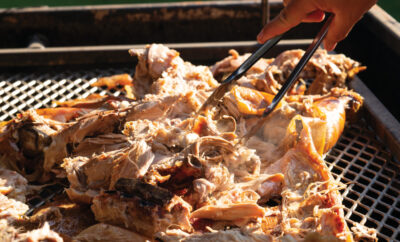
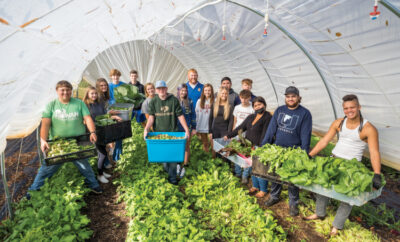
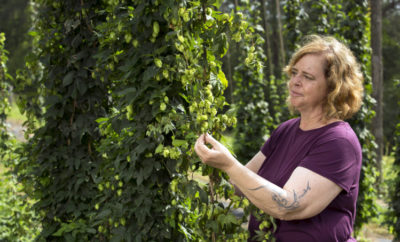
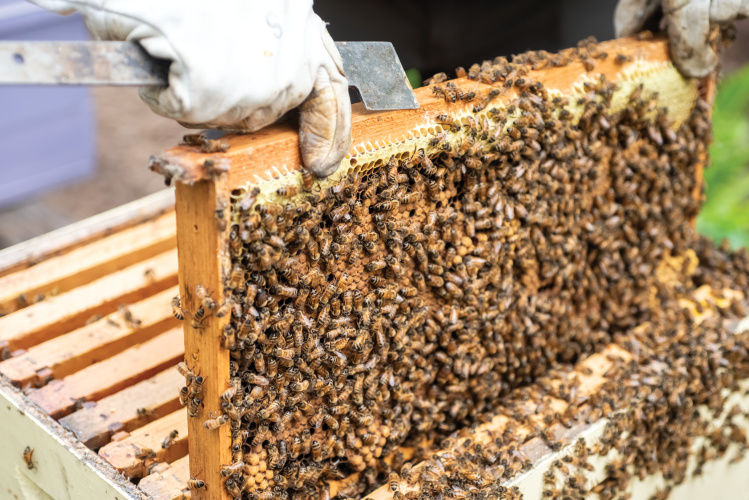
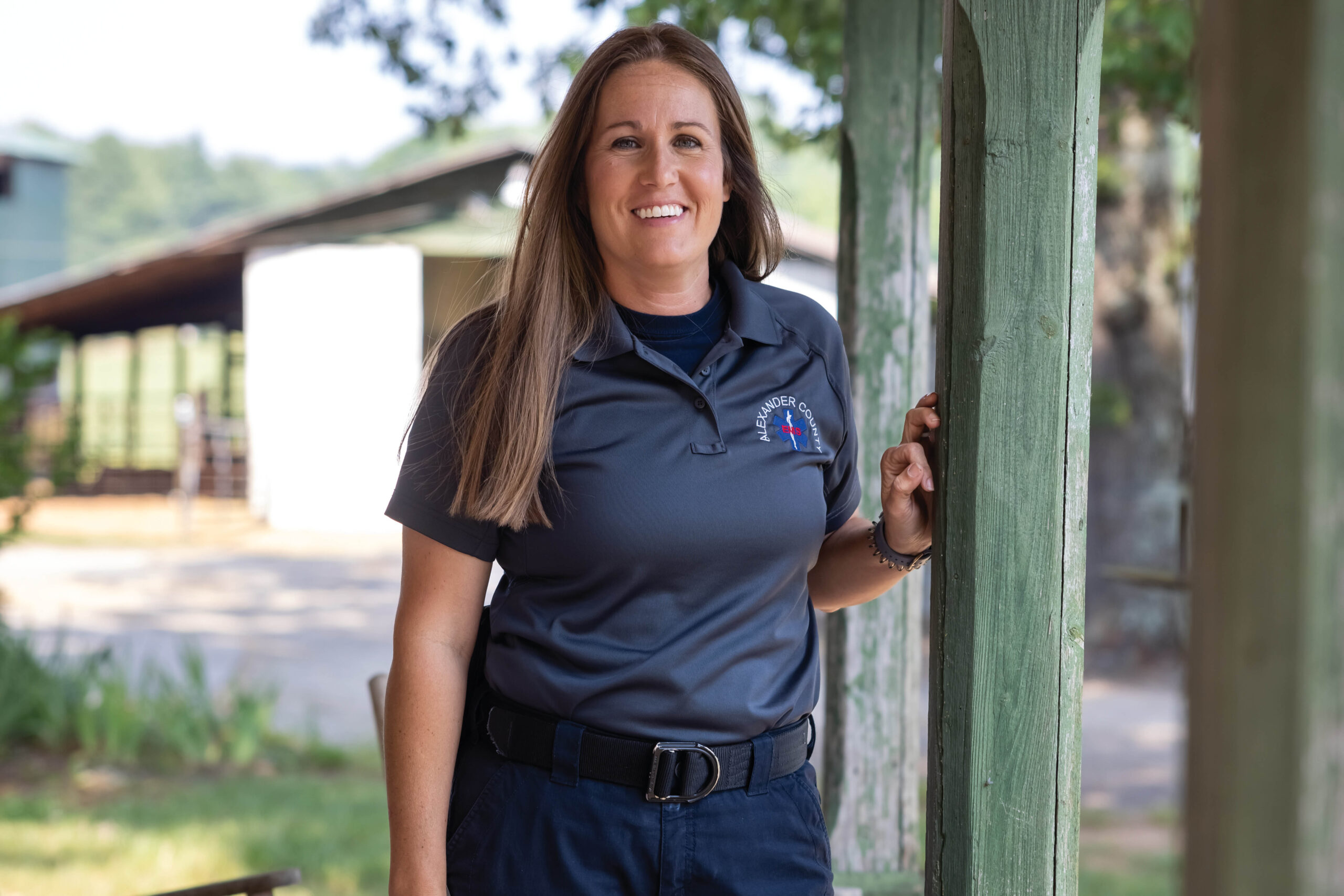

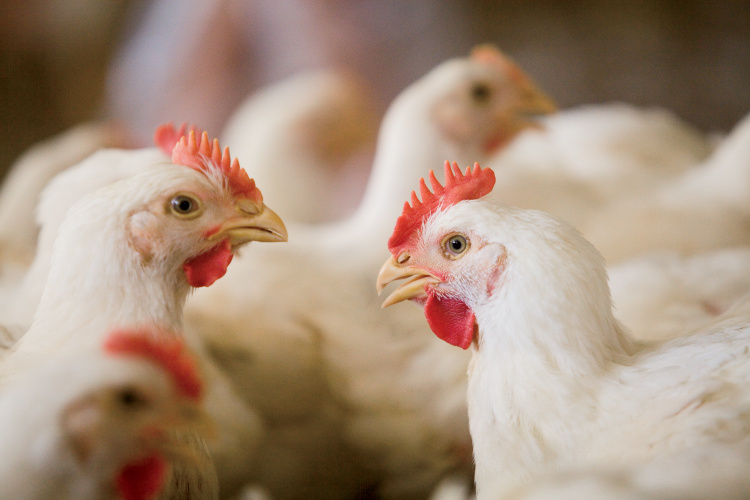

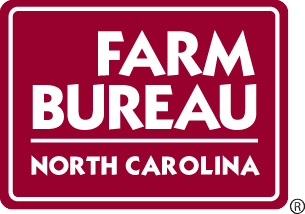
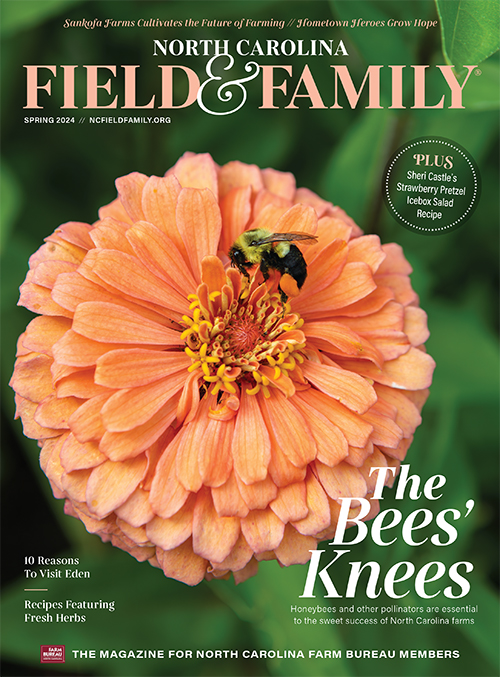 North Carolina Field and Family magazine highlights farms and foods, events and attractions, and interesting people and places throughout the state.
North Carolina Field and Family magazine highlights farms and foods, events and attractions, and interesting people and places throughout the state.
Leave a Comment